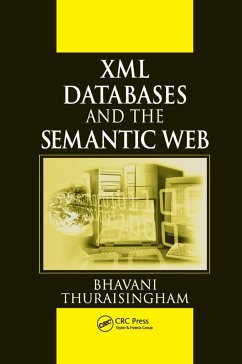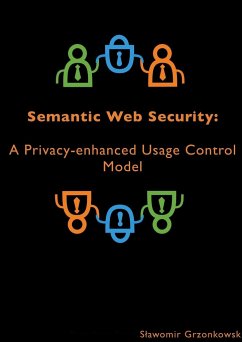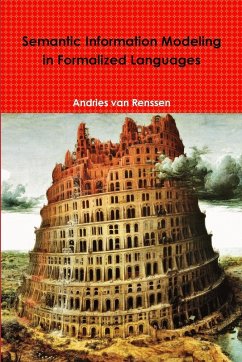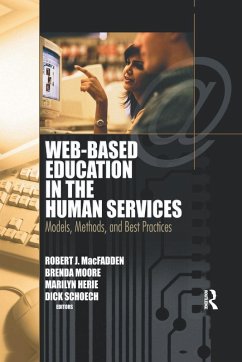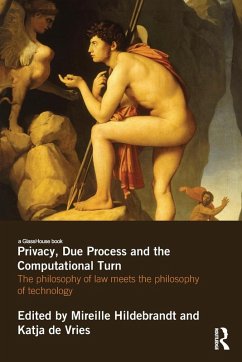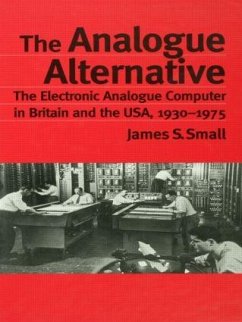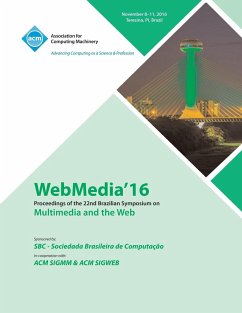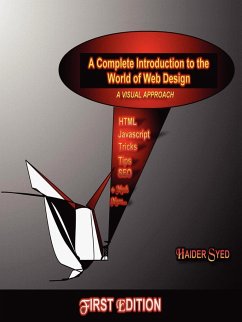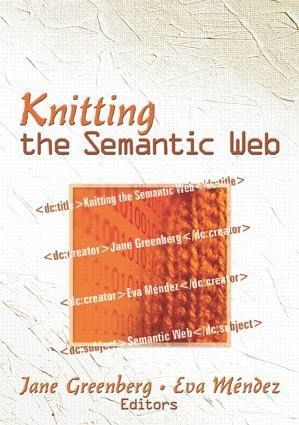
Knitting the Semantic Web
Versandkostenfrei!
Versandfertig in 1-2 Wochen
62,99 €
inkl. MwSt.

PAYBACK Punkte
31 °P sammeln!
The Semantic Web, extends the popular, day-to-day Web, enabling computers and people to effectively work together by giving information well-defined meaning. Knitting the Semantic Web explains the interdisciplinary efforts underway to build a more library-like Web through "semantic knitting." The book examines foundation activities and initiatives leading to standardized semantic metadata. These efforts lead to the Semantic Web-a network able to support computational activities and provide people with services efficiently. Leaders in library and information science, computer science, and information intensive domains provide insight and inspiration to give readers a greater understanding of the evolution of the Semantic Web. Librarians and information professionals are uniquely qualified to play a major role in the development and maintenance of the Semantic Web. Knitting the Semantic Web closely examines this crucial relationship in detail. This single source reviews the foundations, standards, and tools underlying the Semantic Web and presents thoughtful perspectives in the context of 2.0 developments. Many chapters include figures to illustrate concepts and ideas, and the entire text is extensively referenced. Topics in Knitting the Semantic Web include: RDF, its expressive power, and its ability to underlie the new Library catalog card for the coming century the value and application for controlled vocabularies SKOS (Simple Knowledge Organization System), the newest Semantic Web language managing scheme versioning in the Semantic Web Physnet portal service for physics Semantic Web technologies in biomedicine developing the United Nations Food and Agriculture ontology Friend Of A Friend (FOAF) vocabulary specification-with a real world case study at a university Web/Library 2.0 and more Knitting the Semantic Web is a stimulating resource for professionals, researchers, educators, and students in library and information science, computer science, information architecture, Web design, and Web services.





